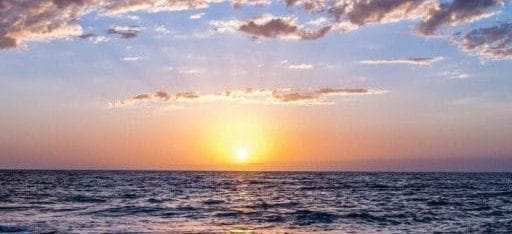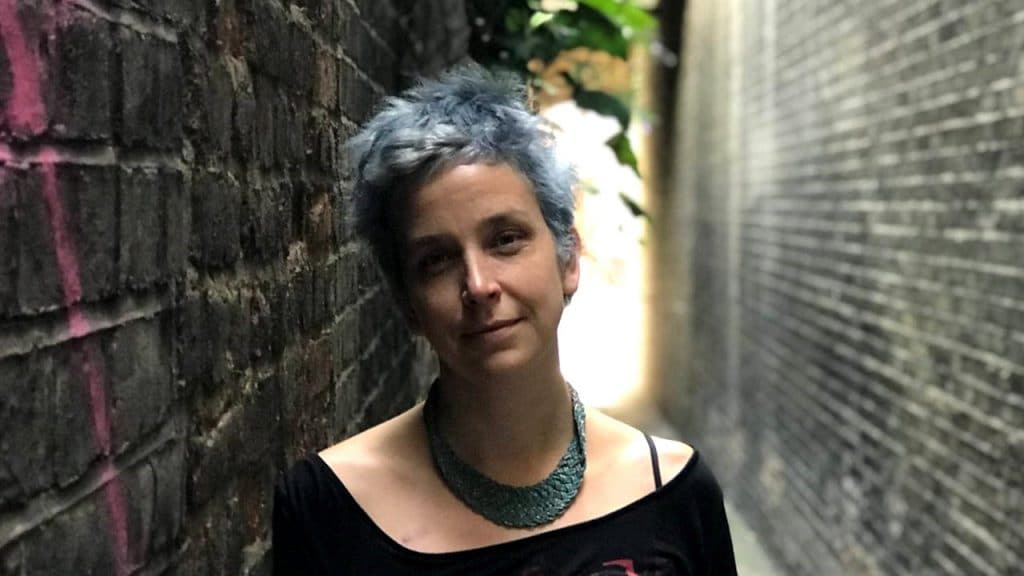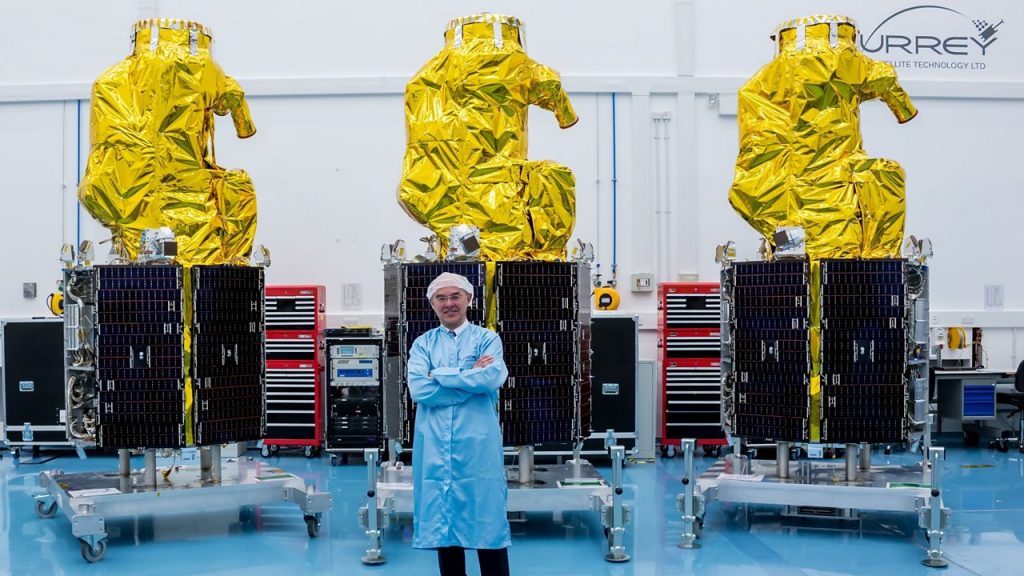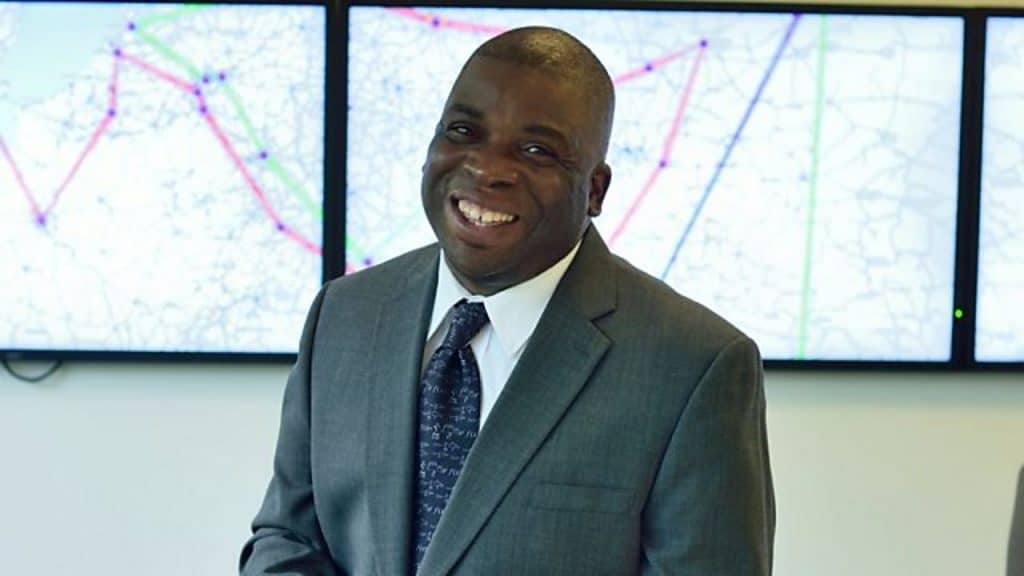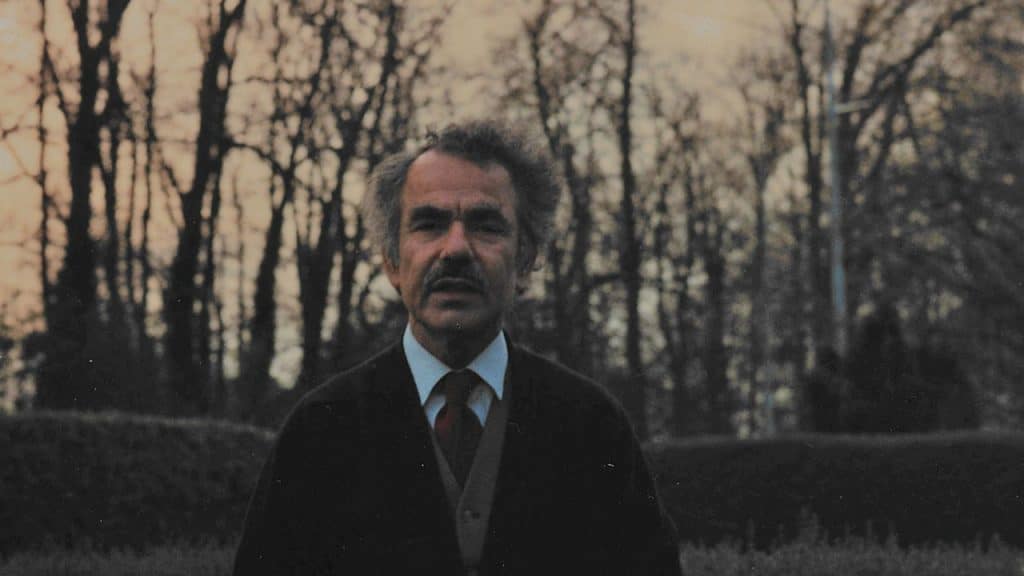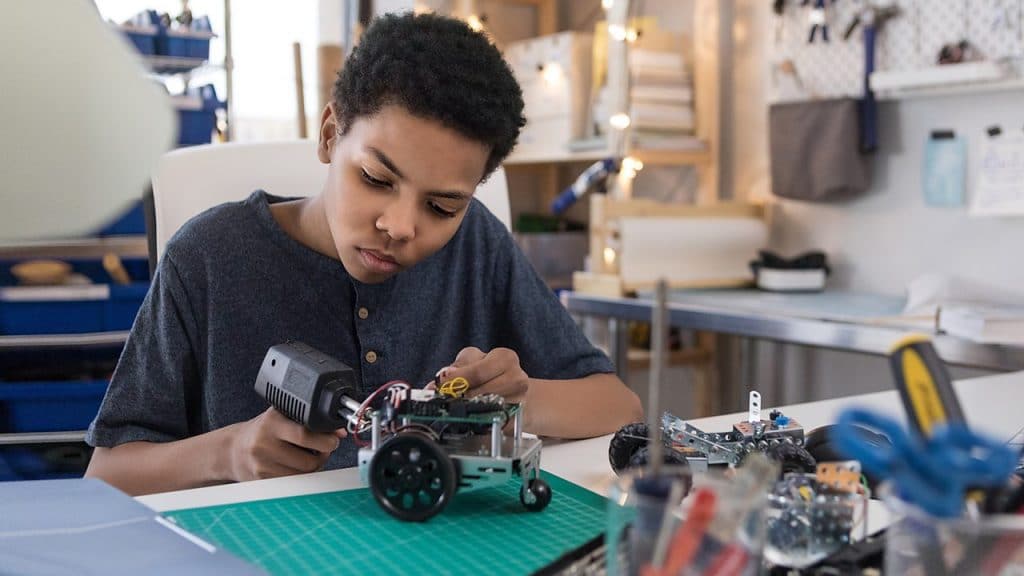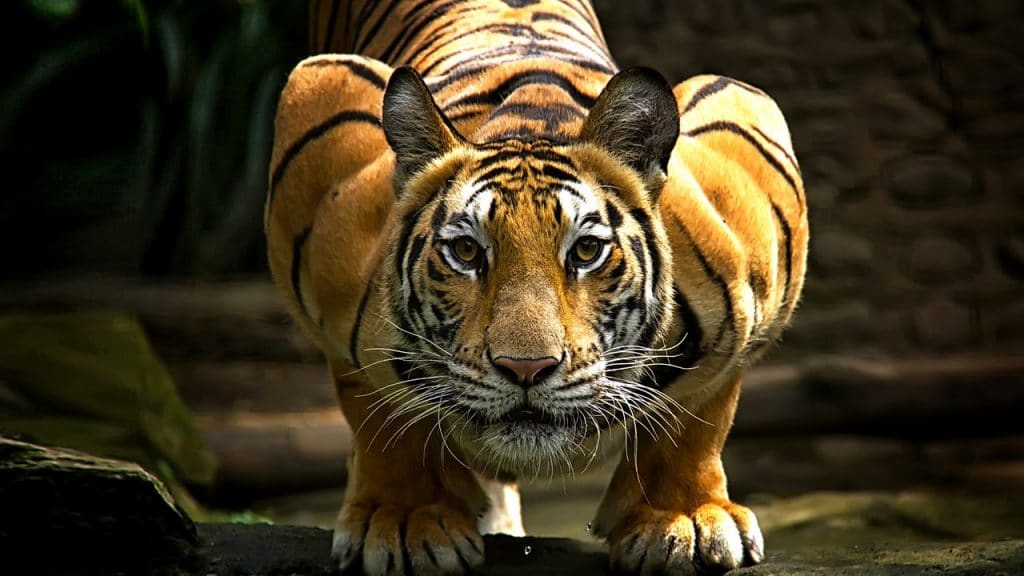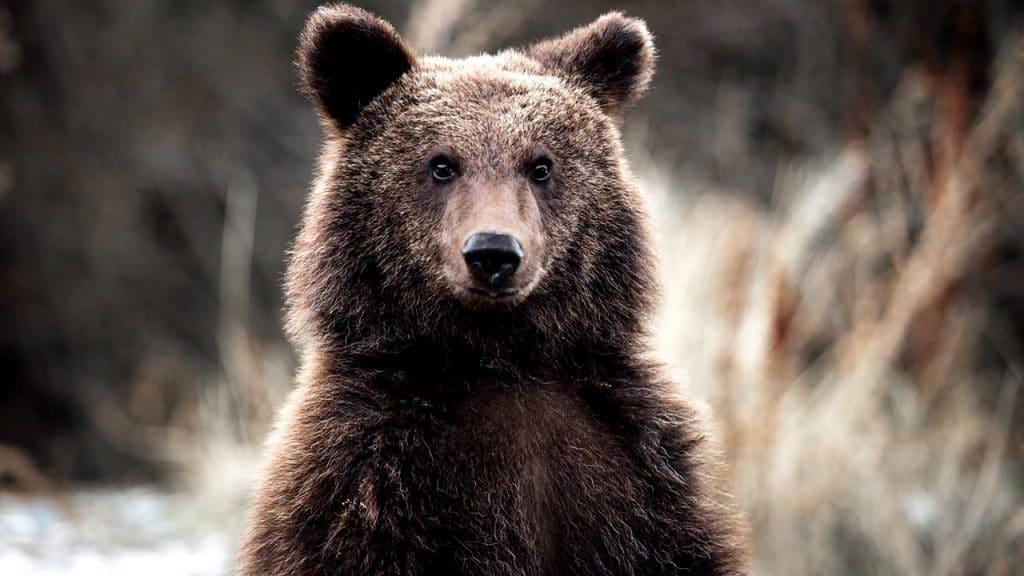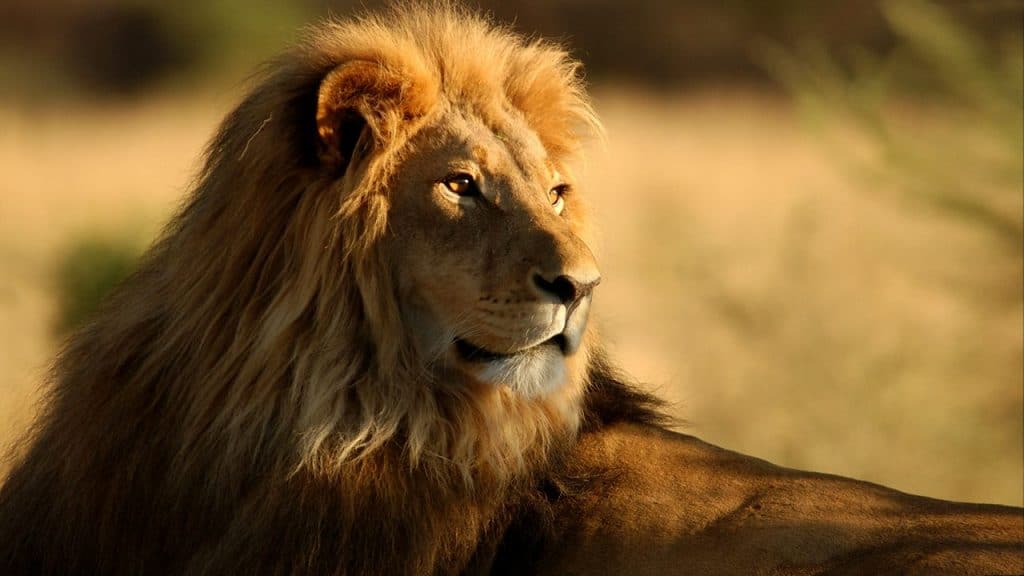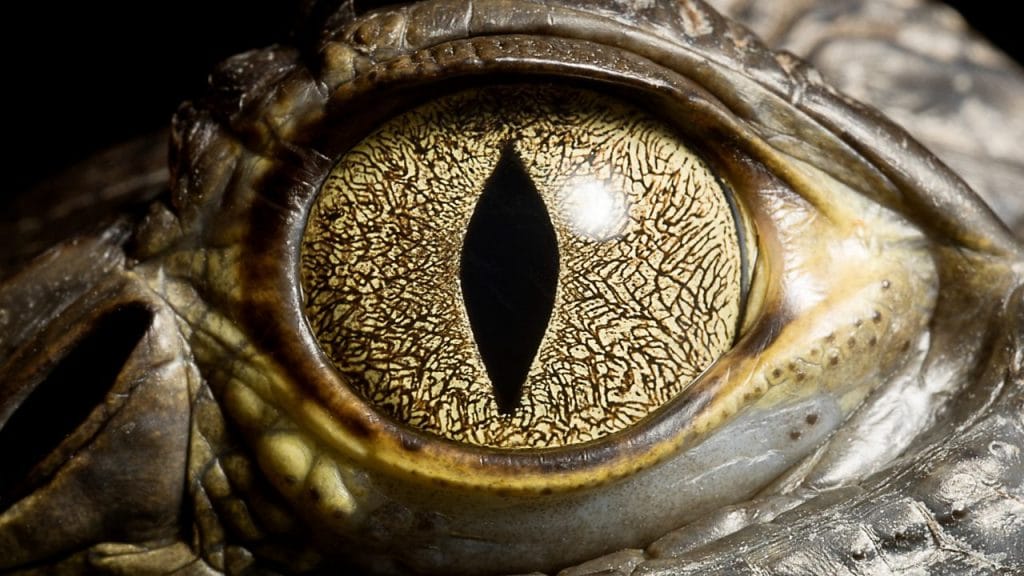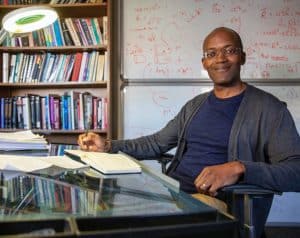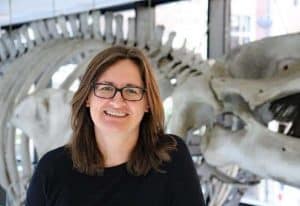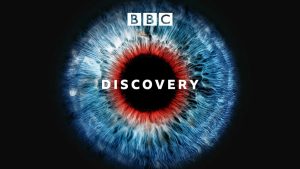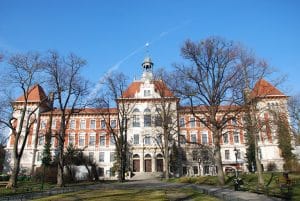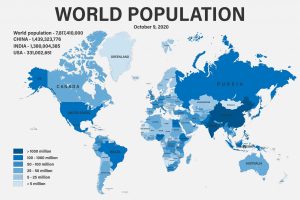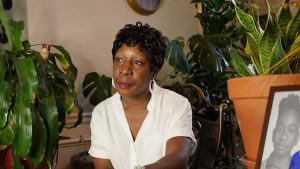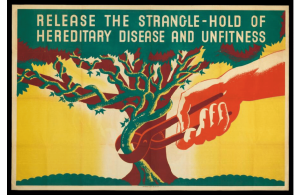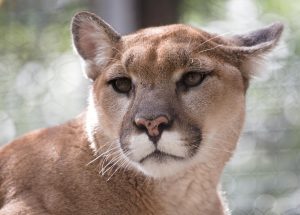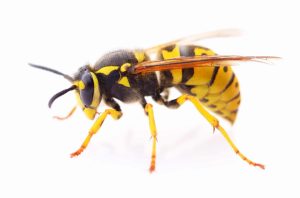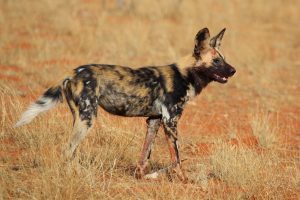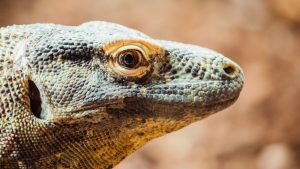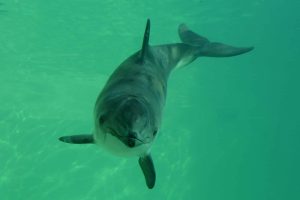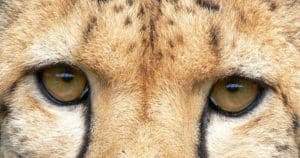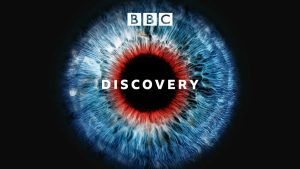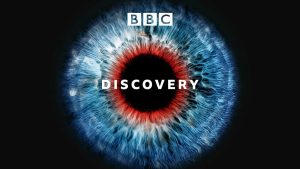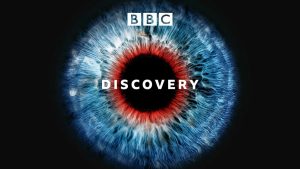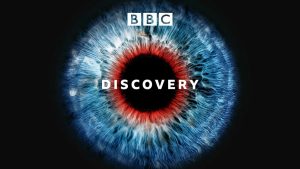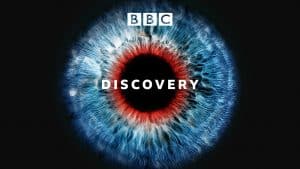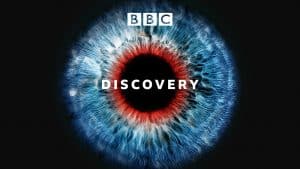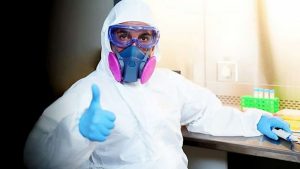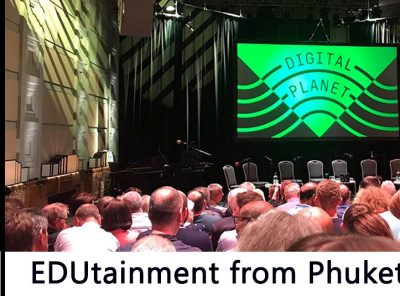BBC Discovery
When Sunday
Start Time: 08.30
Finish 09.00

Sunday is considered a day of rest in many religions and cultures, yet it can also be your day of discovery! Join Phuket Island radio every Sunday morning at 8.30 am on 91.5 & 102.5 FM here in Phuket, Thailand. Discovery can be heard online and now ON-Demand please check out BBC Discovery brought to you from the BBC in London.
Discovery from the BBC on Phuket FM Radio
Press PLAY and listen to this week’s show
A Great Science Leap for China
China’s past contributions to modern science have been proportionally lacklustre, but with a reinvigorated focus over the past two decades, China is fast turning from imitator to innovator. Part two of this fascinating series is now available online, click play above.
The uncertainty in climate science
Certainty is comforting. Certainty is quick. But science is uncertain.
And this is particularly true for people who are trying to understand climate change.
Climate scientist, Tamsin Edwards tackles this uncertainty head-on.
She quantifies the uncertainty inherent in all climate change predictions to try and understand which of many possible storylines about the future of our planet are most likely to come true. How likely is it that the ice cliffs in Antarctica will collapse into the sea causing a terrifying amount of sea-level rise?
Even the best supercomputers in the world aren’t fast enough to do all the calculations we need to understand what might be going on, so Tamsin uses statistical tools to fill in the gaps.
She joined the International Panel on Climate Change (IPCC) in 2018 and is currently working on the 6th Assessment Report which will inform the 2021 United Nations Climate Change Conference, COP26.
She tells Jim Al-Khalili about her life and work and why she wishes more people would have the humility (and confidence) to consider the possibility that they might be wrong.
The Life Scientific: Professor Martin Sweeting
When Martin Sweeting was a student, he thought it would be fun to try to build a satellite using electronic components found in some of the earliest personal computers.
An amateur radio ham and space enthusiast, he wanted to create a communications satellite that could be used to talk to people on the other side of the world.
It was a team effort, he insists, with friends and family pitching in and a lot of the work being done on his kitchen table. Somehow he managed to persuade NASA to let his microsatellite hitch a ride into space and, after the first message was received, spent more than a decade trying to get a good picture of planet earth.
The technology that Martin pioneered underpins modern life with thousands of reprogrammable microsatellites now in orbit around the earth and thousands more due to launch in the next few years to bring internet connections to remote parts of the world. The university spin-off company,
Surrey Satellite Technologies Limited (SSTL) that Martin set up in the 1980s with an initial investment of £100 sold for £50 million, a quarter of a century later.
If his company had been bought by venture capitalists, he says he would probably have ended up making TVs.
Instead, he developed the satellite technology on which so much of modern life depends.
Produce: Anna Buckley Photo Credit: SSTL
Dr Nira Chamberlain
When does a crowd of people become unsafe?
How well will the football team Aston Villa do next season? When is it cost-effective to replace a kitchen?
The answers may seem arbitrary but, to Nira Chamberlain, they lie in mathematics. You can use maths to model virtually anything. Dr Nira Chamberlain is President of the Institute of Mathematics and its Applications, and Principal Mathematical Modeller for the multinational engineering company SNC-Lavalin Atkins.
He specialises in complex engineering and industrial problems, creating mathematical models to describe a particular feature or process, and then running simulations to better understand it, and predict its behaviour.
Nira is one of just a handful of esteemed mathematicians and the first black mathematician. to be featured in ‘Who’s Who’, Britain’s book of prominent people.
Since 2018, he’s made the Black Power List, which celebrates the UK’s top 100 most influential people of African or African-Caribbean heritage, ranking higher than Stormzy and Lewis Hamilton when he was first listed. Proof, he says, that maths really is for everyone.
Lost for words
Struggling to find words might be one of the first things we notice when someone develops dementia, while more advanced speech loss can make it really challenging to communicate with loved ones.
And understanding what’s behind these changes may help us overcome communication barriers when caring for someone living with the condition. When Ebrahim developed Alzheimer’s Disease, for example, he’d been living in the UK for many years.
Gradually his fluent English faded and he reverted to his mother tongue, Farsi – which made things tricky for his English-speaking family who were caring for him.
Two decades on, his son, the journalist and author David Shariatmadari, seeks answers to his father’s experience of language loss. What can neuroscience reveal about dementia, ageing, and language changes? Why are some aspects of language more vulnerable than others – and, importantly, what are the best approaches to communicating with someone living with dementia?
David reflects on archive recordings of his dad, and speaks to a family in a similar situation to theirs, to compare the ways they tried to keep communication alive. And he discovers there are actually clear benefits to bilingualism when it comes to dementia: juggling two or more languages can delay the onset of symptoms by around four years. So while losing one of his languages posed practical difficulties for Ebrahim, it’s possible that by speaking two languages in the first place, he was able to spend more valuable lucid years with his family.
Presented by David Shariatmadari and produced by Cathy Edwards
A Sense of Music
Music can make us feel happy and sad.
It can compel us to move in time with it or sing along to a melody. It taps into some integral sense of musicality that binds us together. But music is regimented, organised.
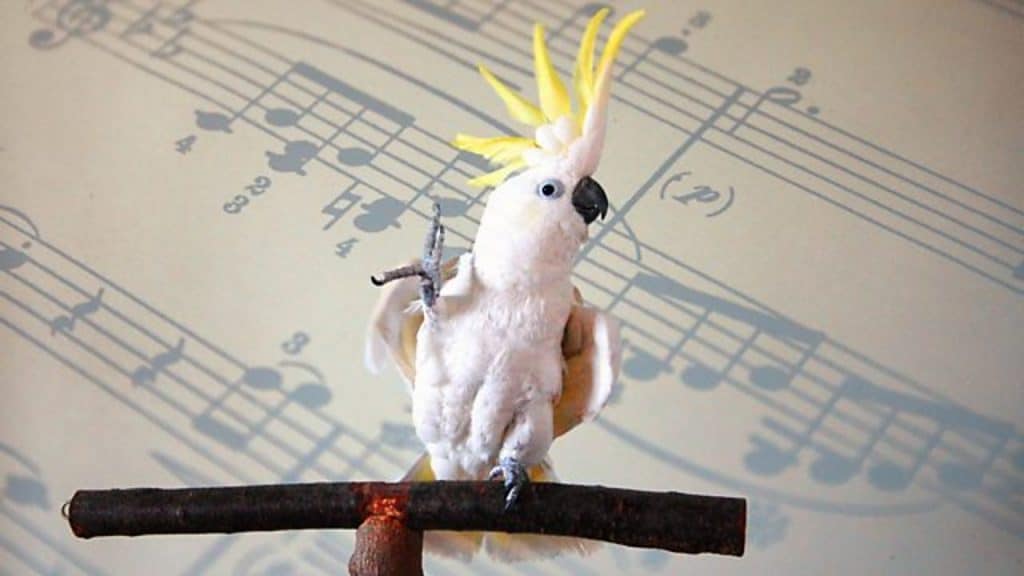
That same ‘sense’ that lets us lean into Beethoven makes a bad note or a missed beat instantly recognisable. But does that same thing happen in the minds of animals?
Can a monkey feel moved by Mozart?
Will a bird bop to a beat? Do animals share our ‘Sense of Music’?
Charles Darwin himself thought that the basic building blocks of an appreciation for music were shared across the animal kingdom. But over decades of scientific investigation, evidence for this has been vanishingly rare. Fresh from his revelation that animals’ experience of time can be vastly different to our own, in the award-winning programme ‘A Sense of Time’, presenter Geoff Marsh delves once more into the minds of different species.
This time he explores three key aspects of musicality: rhythm, melody and emotional sensitivity. Geoff finds rhythm is lacking in our closest relatives, the chimpanzees.
But it’s abundantly clear in a dancing Cockatoo, and internet sensation named Snowball. He speaks with scientists who have revealed that birds enjoy their own music, but may be listening for something completely different to the melody.
And Geoff listens to music composed for tamarin monkeys, that apparently they find remarkably relaxing, but which sets us on edge. In ‘A Sense of Music’, discover what happens when music meets the animal mind.
Produced by Rory Galloway Presented by Geoff Marsh
Dare to Repair: Fixing the future
Mark Miodownik, explores the environmental consequences of the throwaway society we have become and reveals that recycling electronic waste comes second to repairing broken electronics.
He asks what we can learn from repair cultures around the world, he looks at manufacturers who are designing in repair-ability and discovers the resources available to encourage and train the next generation of repairers.
Producer: Fiona Roberts (Photo: Teen boy solders wires to build robot, Credit: SDI Productions/Getty Images)
Dare to repair: The fight for the right to repair
Many electronics manufacturers are making it harder for us, to fix our broken kit.
There are claims that programmed obsolescence is alive and well, with mobile phone batteries designed to wear out after just 400 charges.
They claim it’s for safety or security reasons, but it pushes constant replacement and upgrades.
But people are starting to fight back. Mark Miodownik talks to the fixers and repairers who are heading up the Right to Repair movement which is forcing governments to act, and making sustainability and value for the money part of the consumer equation.
Producer: Fiona Roberts
Dare to Repair: How we broke the future
Materials engineer Professor Mark Miodownik looks back to the start of the electronics revolution to find out why our electronic gadgets and household goods are less durable and harder to repair now. As he attempts to fix his digital clock radio, he reveals that the drive for cheaper stuff and advances in design and manufacturing has left us with a culture of throwaway technology and mountains of electronic waste.
Producer: Fiona Roberts
Tooth and Claws: Tigers
“As it charges towards you, you can actually feel the drumbeat of its feet falling to the ground”.
Nothing quite says fear more than standing before a charging tiger. Yet so often it’s also the poster-predator for conservation. The tiger truly is the ‘prince of the jungle’.
The good news (to some) is that after a century of decline, wild tiger populations have increased recently. But with this comes the increase in human fatalities – there are almost daily attacks on the rural poor across India.
A world without wild tigers is not a world we want, but how do we balance the needs of people and the needs of tigers?
Adam finds out more about tigers and the people that live around them by speaking with Indian tiger expert Rajeev Matthews and conservation biologist Samantha Helle, who is based in the US and works with communities and tigers in Nepal.
Producer: Rami Tzabar and Beth Eastwood Presenter: Professor Adam Hart (Photo: A crouching tiger, Credit: Yudik Pradnyana/Getty Images)
Tooth and Claws: Bears
Teddy bears might be popular with children but real bears are anything but cuddly.
Brown, Black and Grizzly bears are the most well-known and have a well-deserved fearsome reputation. But for the most part, bear attacks are not nearly as common as you might think.
They are solitary, curious and you are unlikely to see one unless you are really lucky – or unlucky depending on your point of view. So what should you do if you find yourself facing one in a forest? To learn more about these fascinating creatures, which can spend the winter months in a deep state of biological hibernation.
Professor Adam Hart speaks to Dr Clayton Lamb from the University of British Columbia in Canada and Dr Giulia Bombieri from the Science Museum in Trento, Italy, about their work and experiences of these amazing beasts, whose numbers are increasing in some parts of the world, leading to an increase of defensive attacks on people.
Producer: Rami Tzabar and Beth Eastwood Presenter: Professor Adam Hart. Picture: Brown bear, Credit: Szabo Ervin-Edward/EyeEm/Getty Images
Tooth and Claw: Lions
From Aslan to Simba, from the Wizard of Oz to heraldry, children in the West probably recognise this king of beasts before they can name the animals in their own back yards.
But what about people who have lions roaming in their back yards literally? To find out more about the archetypal ‘man-eater; and how our increasingly complex relationship with them is playing out in Africa, Professor Adam Hart talks to two female researchers who have spent much of their lives working and living in lion country, helping to manage the wildlife conflicts that are becoming a threat to both humans and beasts.
Dr Moreangels Mbizah is the Founding Director of Wildlife Conservation Action in Zimbabwe, and Dr Amy Dickman heads up the Ruaha Carnivore Project in Tanzania.
Producer: Rami Tzabar and Beth Eastwood Presenter: Professor Adam Hart.
Tooth and Claw: Crocodiles
Start your Phuket day bright and early with the knowledge that you have learnt something new and are making the most of your day.
We have a morbid fascination with predators. And we’ve had it since the very first people carved figures or painted on cave walls thousands of years ago.
Predators are still revered as gods in many cultures. Our cultural fascination is equalled only by our biological fear, hardwired into our primate brains, because if you are not a predator, you ARE the prey.
In this series, Professor Adam Hart and explores our complex, challenging and ambiguous relationship with Earth’s greatest predators by talking to the women and men who know them best, researchers who have spent their lives tracking them, protecting them and, sometimes, narrowly escaping them.
Today it’s the crocodile, part of the group known as crocodilians which also includes alligators and gharials, which first appeared 95 million years ago during the Late Cretaceous period.
Much like Tigers, they don’t stalk their prey but lie in wait – often just below the surface of the water, ready to leap out and snap those ferocious jaws on just about anything – including other predators.
But as we’ll discover, there is a very different side to these much-maligned creatures, who can be nurturing and cooperative. Adam speaks to Dr Marisa Tellez, Co-Founder of the Crocodile Research Coalition in Belize, Central America and Dr Alan Britton is a Zoologist and crocodile specialist in Darwin, Australia, who has a 5-metre croc named Smaug living in his back garden pond.
Produced by Rami Tzabar and Beth Eastwood Picture: Caiman Crocodile’s eye, close up, Credit: Jonathan Knowles/Getty Images
BBC – Discovery in the news
Did you read about a ground-breaking scientific discovery in the Phuket news but did not really understand the full weight of it. BBC Discovery brings you right to where the breakthrough was first made. Discovery goes direct to the scientists who made the discovery and discussing it with them. What better way to find outbreak it down with the men or women behind it all.
Discovery is a fascinating program that is sure to interest all. Science is so inter-connected with the world in which we live today, in more ways than you can imagine. This is where discovery comes in. Find out how science has benefited us in the fields of medicine and more. Perhaps after having tuned into BBC Discovery on 91.5 & 102.5 FM via free internet radio, you’ll have found yourself with a newfound passion for science!
Science, Health and Technology
91.5 & 102.5 FM doesn’t stop with BBC Discovery, there’s Science in Action, Digital Planet, and Health Check., All shows are available each and every Saturday and Sunday morning. Don’t forget the BBC International News on the hour every hour and the Live via Satellite World Briefing each morning from 6 am, ninety minutes of news and current affairs. Phuket Island Radio brings you a variety of shows daily in Phuket Thailand and around the world thanks to free online radio streaming. In keeping with our reputation at Phuket FM radio station, we do what we can to bring you shows that everyone can enjoy. Take a look at what we have to offer at the 91.5 and 102.5 FM shows line up today, we won’t let you down!
